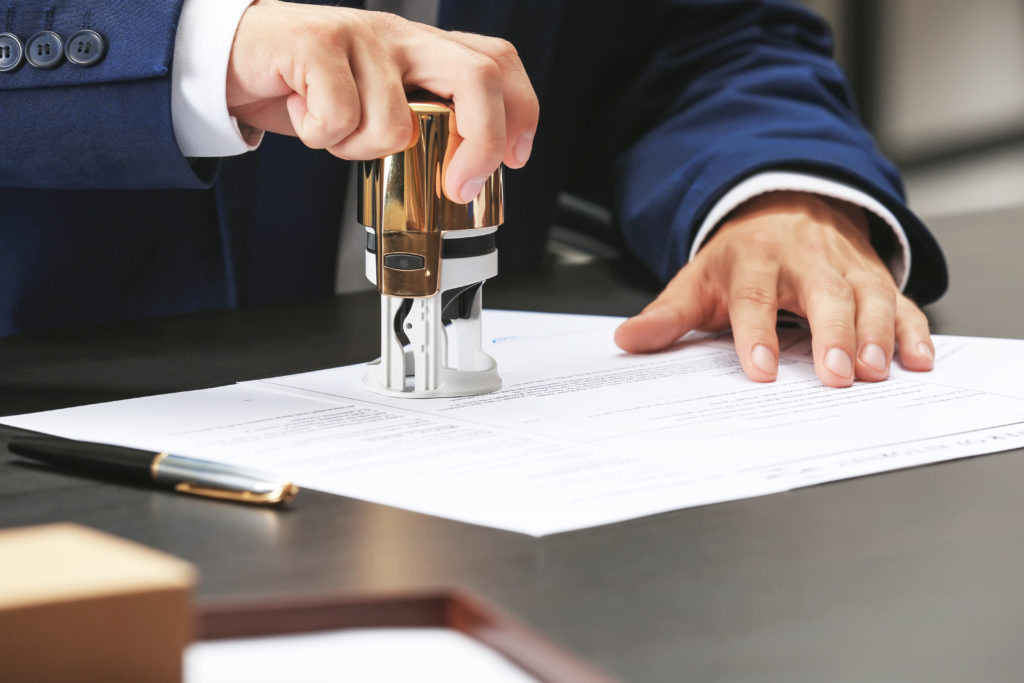Demystifying Notarial Work: Streamlining the Duty and Relevance of Notaries
In the elaborate internet of lawful documentation and verification, notaries stand as columns of assurance and authenticity. Their role, usually shrouded in enigma for lots of, brings significant weight in ensuring the legitimacy and stability of critical papers. As guardians of validity and truth, notaries play a pivotal component in our culture, yet their job is not always completely comprehended. By untangling the complexities bordering notarial techniques and losing light on the significance of their acts, a more clear understanding arises of the essential duty notaries play in upholding the textile of lawful and legal contracts.
The Background of Notarial Work
The background of notarial work days back to old civilizations, where scribes played a vital role in videotaping crucial details and confirming documents. This led to the advancement of notaries, people assigned by the state to act as impartial witnesses in legal matters.
During the Middle Ages, notaries obtained importance in Europe, with their features broadening to include drafting legal papers, licensing signatures, and preserving documents. The increase of worldwide trade even more highlighted the value of notarial operate in verifying contracts and agreements across boundaries.
In the modern-day age, notaries remain to play an essential duty in legal and organization transactions by verifying identifications, verifying the authenticity of papers, and avoiding fraudulence. Their role in certifying the validity of contracts includes a layer of security and trust fund to the ever-evolving landscape of commerce and legislation.

Tasks and Duties of Notaries
Notaries play a crucial role in validating the authenticity of files and the identification of signatories. One of their primary duties is to witness the signing of vital papers, such as wills, contracts, and acts, to ensure that all parties are entering right into agreements knowingly and voluntarily.
They certify copies of original files, offering guarantee to establishments that the copies are real reproductions of the originals. In general, the obligations and obligations of notaries are essential in protecting the stability and legality of various papers and deals - Deceased Estate.
Notarial Certificates and Signatures
Exhibiting thorough focus to information, notarial certificates and signatures work as important parts in confirming the authenticity of legal records. Notarial certifications typically have important details such as the date of notarization, the names of the signatories, a description of the file, and the notary's main seal. These certifications supply a clear document of the notarial act, guaranteeing that the document can be easily determined and traced back to the notary who more info here looked after the procedure.
Signatures play a critical duty in notarial work, as they symbolize the agreement and authorization of the celebrations involved. Notaries thoroughly witness the finalizing of files to validate the identity of the signatures and confirm that they are authorizing of their own cost-free will. By fastening their official seal and signature to the file, notaries license that the hop over to these guys necessary treatments have been complied with and that the paper is enforceable and valid.
Fundamentally, notarial certificates and signatures are the characteristic of authenticity in lawful transactions, supplying guarantee to all events entailed that the documents are legit and binding.
Importance of Notarial Acts

Registration Refine Described
Clarifying the notarization process provides quality on the essential actions involved in confirming lawful records. The notarization process generally starts with the specific offering the record to a notary public. The notary after that validates the signer's identification via appropriate recognition methods. When the identity is confirmed, the notary makes certain that the individual authorizing the record does so voluntarily and without any kind of threat.

Final Thought

Notarial certificates generally consist of essential details such as the date of notarization, the names of the notaries, a description of the record, and the notary's main seal. These certificates give a clear record of the notarial act, making certain that the file can be conveniently determined and traced back to the notary who supervised the procedure.
By fastening their official seal and trademark to the record, notaries accredit that the needed treatments have been adhered to and that the document is legitimate and enforceable.
By verifying the identity of the notaries, confirming their readiness to get in right into the arrangement, and certifying the date and location of the signing, notaries play a critical duty in upholding the validity of legal documents.After the document is signed, the notary will affix their main seal or stamp onto the file.